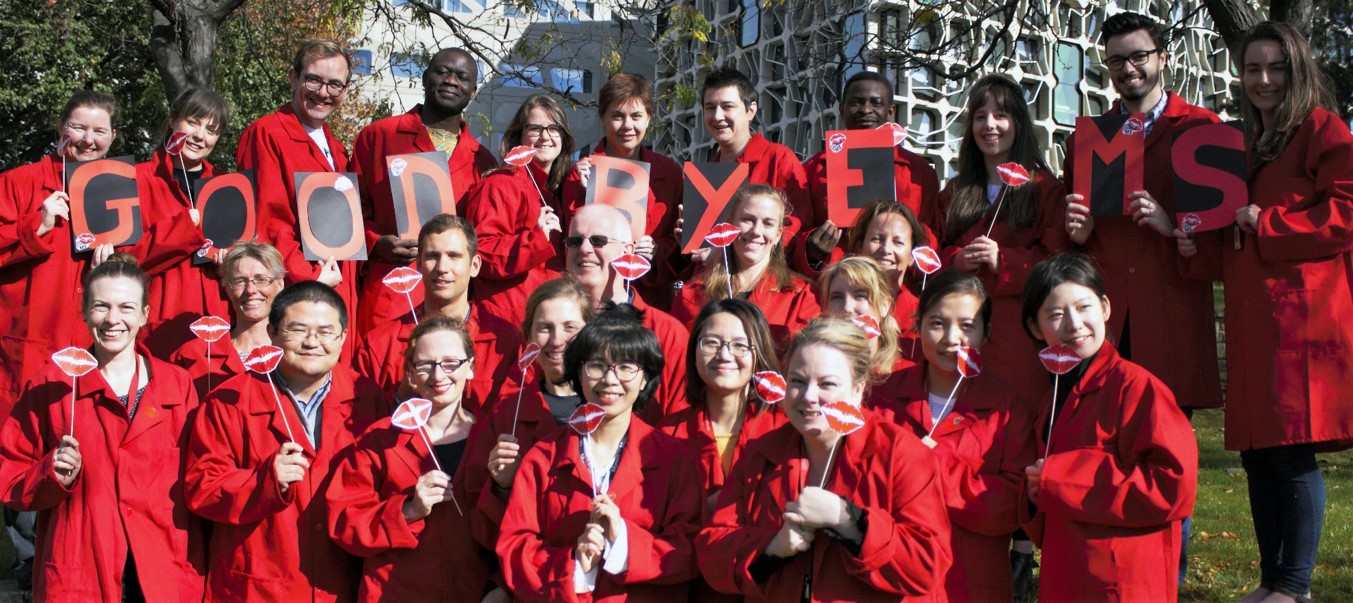Multiple Sclerosis

The Multiple Sclerosis Research Flagship
The Multiple Sclerosis Research Flagship is a Flagship program of the University of Tasmania, College of Health and Medicine and was established from a long history of multiple sclerosis (MS) research at Menzies Institute for Medical Research.
Our vision is to reduce the impact of MS on individuals and the community.
Our mission is to perform high-quality, interdisciplinary, and consumer driven research on the causes, treatment and prevention of MS though an integrated pipeline of research. Conducting high impact, translational research to improve health and benefit to society.
Our program is strongly connected with national and international MS research priorities, collaborators, health professionals, MS support services (MS Plus) and advocates (MS Australia), and most importantly, people living with MS and their communities.
Our team of more than sixty researchers has proudly been at the forefront of research advancements in MS for more than thirty years, utilising the unique concentration of people living with MS and MS research in Tasmania.